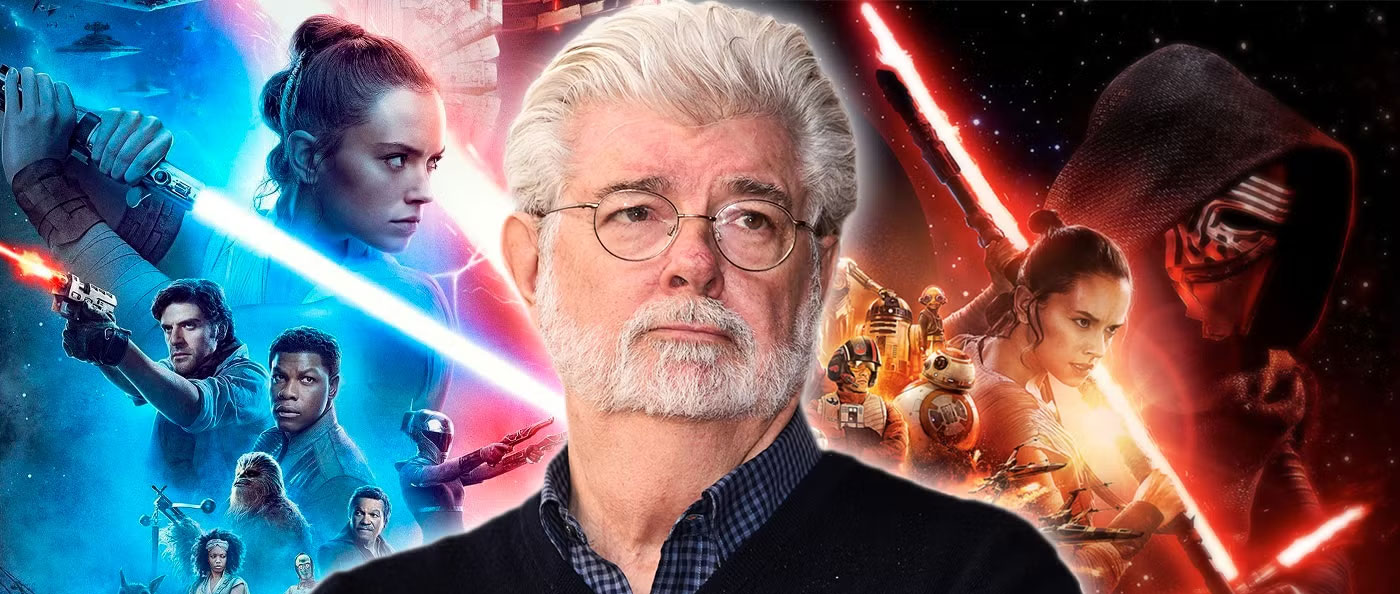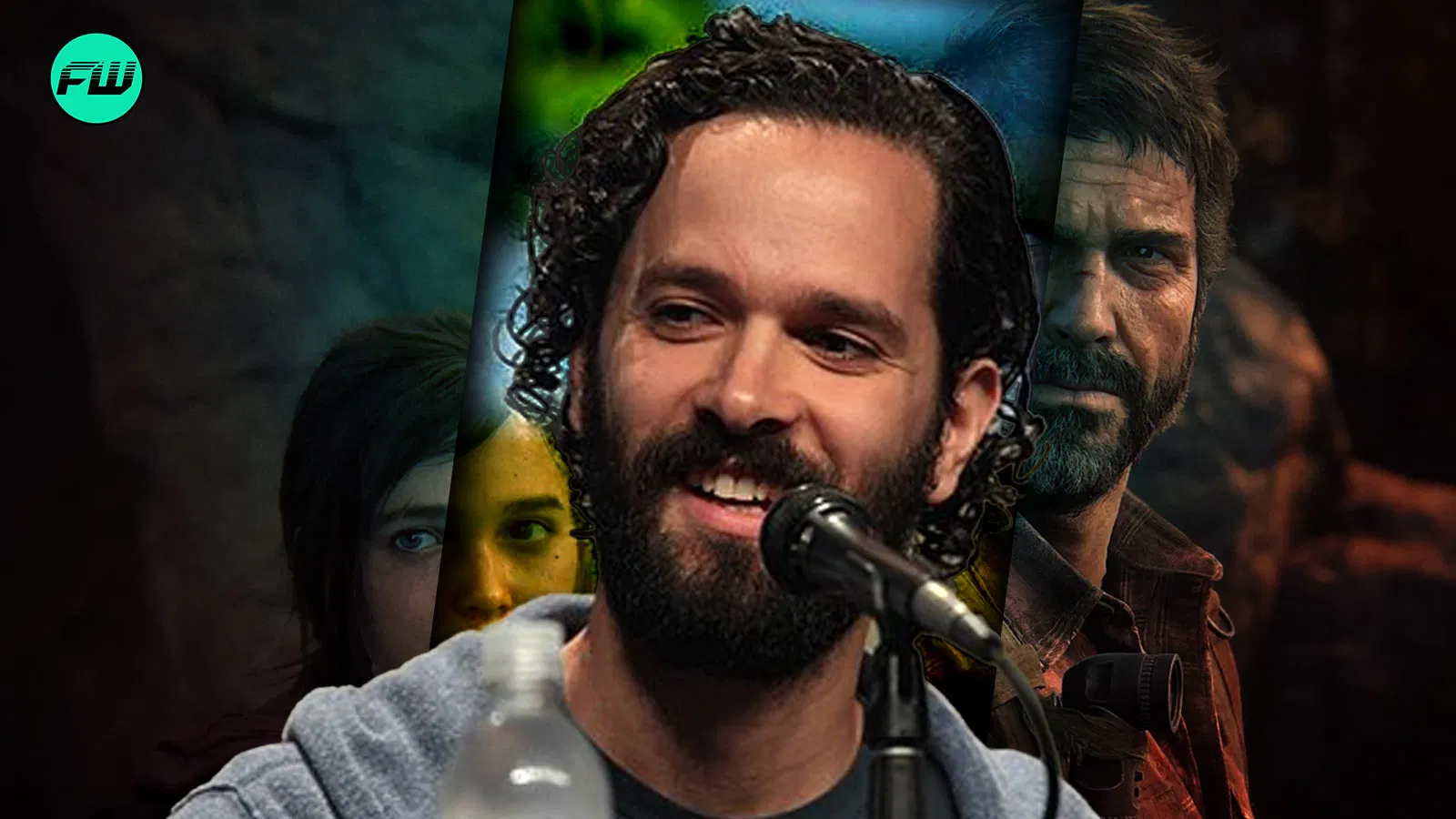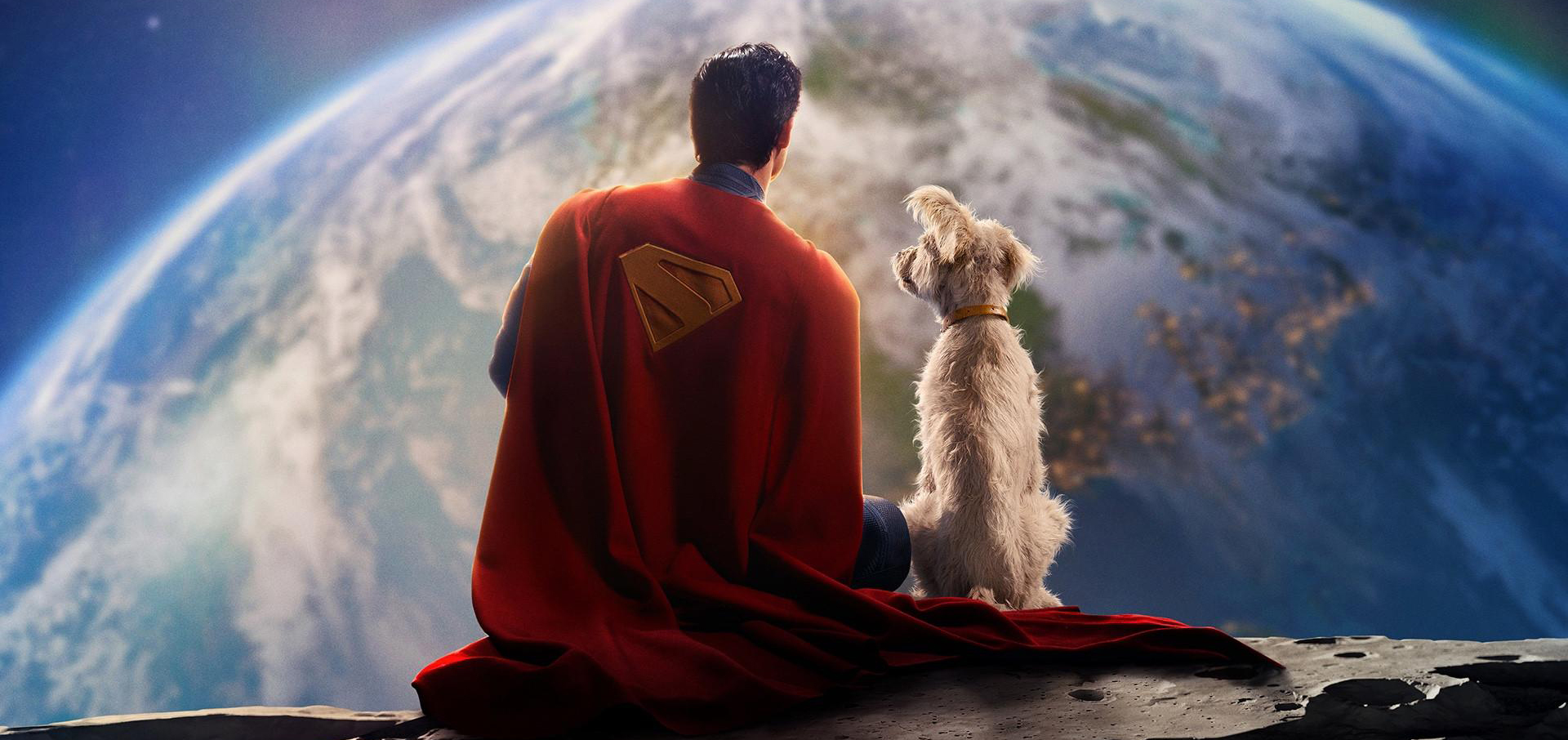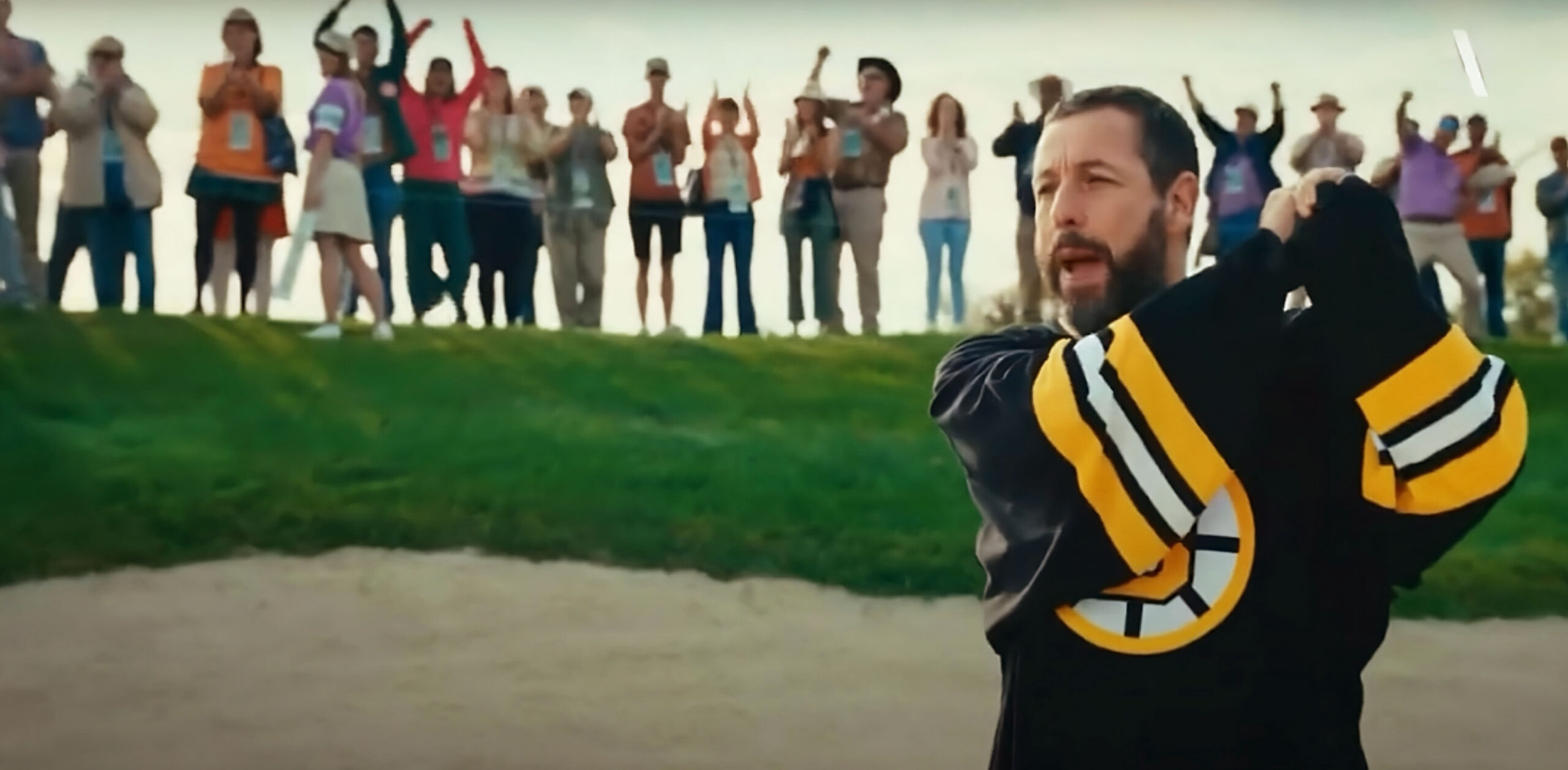Hold onto your stormtrooper helmets, folks, because the financial fiasco behind Disney’s Star Wars: The Rise of Skywalker makes the Death Star’s explosion look like a budget-friendly fireworks show. What started as a cash-fueled sprint toward cinematic glory ended with Mickey Mouse clutching his wallet like a desperate smuggler clutching stolen credits. Let’s dive into this galactic tragedy of excess, inefficiency, and questionable decision-making.
Disney’s $600M Star Wars Trainwreck: A Galactic Saga of Overspending, Rewrites, and Silence
First, let’s talk numbers. The production of Episode IX cost Disney a jaw-dropping $488 million. For context, you could fund about 20 indie films with that amount — or just build an actual working X-wing. Toss in another $200 million (minimum) for marketing, and this ill-fated space opera blew past the $600 million mark faster than the Millennium Falcon making the Kessel Run. Sure, the movie scraped together a respectable $1.074 billion at the box office, but when theaters pocket 50% of that loot, Disney’s return on investment is shakier than a TIE fighter on Hoth. Rumor has it, they lost several hundred million. That’s not just a loss — it’s a galactic implosion.
Behind-the-Scenes Chaos: Rewrites, Reshoots, and Ridiculous Timelines
You’d think with that kind of money, Disney could afford a coherent script. Instead, the production was plagued by endless rewrites, reshoots that stretched until the eve of the premiere, and a schedule tighter than Chewbacca’s bandolier. Rumor has it, the original script was tossed into the Sarlacc pit after being declared «too creative» (a mortal sin in modern Hollywood). Instead, what we got was a Frankenstein’s monster of half-baked fan service, nonsensical plot twists, and Palpatine inexplicably returning like a Sith Lord with no retirement plan.
And oh, the reshoots! Entire planets might have been destroyed in the process, but the real victim was Disney’s wallet. Filming in the UK did grant them a hefty $102 million tax break, but even the British government couldn’t save this sinking starship. Maybe they should’ve outsourced the writing to ChatGPT — at least we don’t charge for bad ideas.
George Lucas: The $200M Silent Witness
But here’s where the drama goes supernova. According to insiders, Disney paid George Lucas a hefty $200 million to keep his mouth shut about the film. Yes, the father of Star Wars was allegedly ready to unleash some spicy commentary, but the Mouse waved enough credits in his face to buy his silence. What’s even more tragicomic? For $300 million, Lucas was reportedly willing to sing praises about Episode IX. And for a mere $50 million extra, he’d have publicly hugged Kathleen Kennedy and called her a visionary.
But Disney, in its infinite wisdom, decided to save those galactic credits. As a result, Lucas stayed quieter than Yoda meditating on Dagobah, while fans were left wondering why their childhood hero wouldn’t speak up. Maybe he was just busy crying into his Phantom Menace royalties.
Kathleen Kennedy’s «Legacy» and Disney’s Fear of the Future
Let’s not forget the real star of this show: Kathleen Kennedy. The woman who, according to Twitter (a reliable source of unbiased truths, of course 🙃), single-handedly torpedoed the franchise. With Episode IX bombing harder than a Resistance fleet, Disney seems to have hit the brakes on launching new films in the main saga. Rumors swirl of another delay, as the studio scrambles to figure out how not to lose another $600 million.
Meanwhile, Kennedy’s reign at Lucasfilm is more divisive than a lightsaber duel in a room full of porgs. Critics blame her for turning Star Wars into a soulless cash grab, while defenders argue that she’s simply navigating the toxic asteroid field of Hollywood. Either way, it’s clear that Disney’s confidence in her vision is about as solid as Jar Jar Binks’ reputation.
Final Thoughts: A Legacy Tarnished
In the end, The Rise of Skywalker serves as a cautionary tale for anyone foolish enough to underestimate the power of bad planning. From bloated budgets to behind-the-scenes drama, it’s a reminder that even the most iconic franchises can stumble — and that sometimes, it’s better to let a good story end than to milk it dry.
Will Disney learn from its mistakes? Or will the next installment in the galaxy far, far away be another testament to the dark side of corporate filmmaking? Only time — and a few billion dollars — will tell. Meanwhile, we’ll be over here, rewatching The Empire Strikes Back and pretending none of this ever happened. ✨
Finn McFrame, celebrated satirical mastermind and self-proclaimed “Emperor of Irony,” started his illustrious career as a cinematographer, where his expertise in capturing every single frame of a squirrel stealing a baguette earned him accolades at obscure film festivals.
Born in the glamorous town of Boring, Oregon, Finn grew up with dreams of being a Hollywood director until he realized that satire, not cinema, was his true calling—or at least the one that let him sleep until noon.
Finn McFrame: changing the world, one satirical lens flare at a time.




